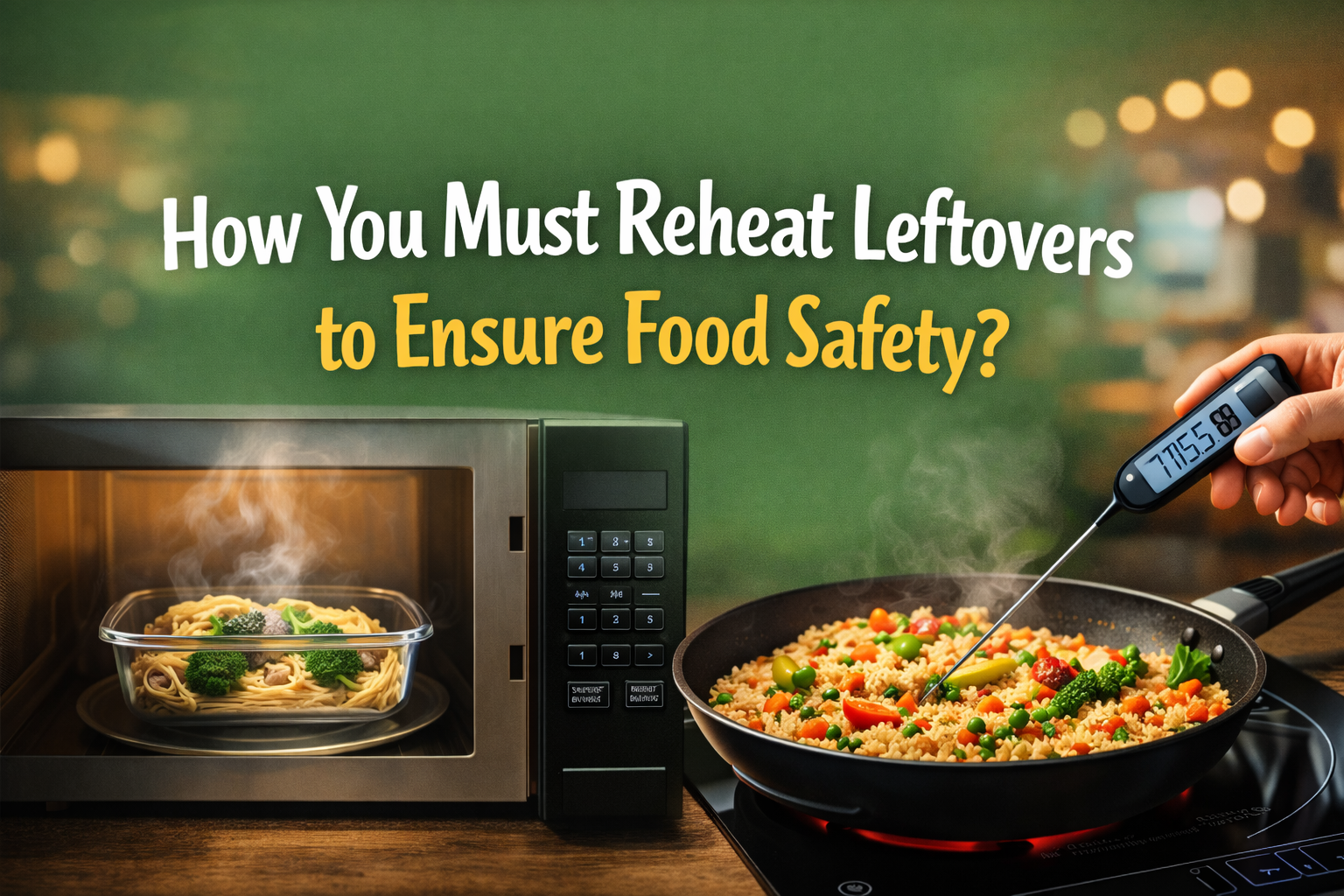Sometimes, we all have those days when we crave a delicious meal without the effort of cooking, and leftovers can be a real blessing in those moments. However, it is important to ensure that we reheat the food properly, without compromising its nutritional value. Simply popping it in the microwave for 30 seconds may not be sufficient.
Reheating is essentially like cooking the food again, so it is crucial to follow the right techniques to avoid digestion issues and potential food poisoning. Here are some essential tips to help you reheat your food perfectly, as explained by eminent weight loss dietitian Avni Kaul in this blog.
Why cooling is essential?
To simplify meal preparation for the next day, it is important to allow sufficient time for the food to cool down completely. Once the food reaches room temperature, ensure proper refrigeration to preserve its nutritional value. It is recommended to let freshly cooked meals cool down for at least 2-3 hours before refrigerating them. By following these steps, you can save food effectively while retaining its nutritional benefits.
What is the 2-minute rule?
Reheating food for only 30 seconds or a minute may not guarantee the elimination of bacteria or pathogens that could have developed in leftover food. It may sound surprising, but it is important to heat the food at a high temperature for a minimum of 2 minutes. According to the USDA, reheating food to an internal temperature of 165°F (73.8°C) is recommended. Heating the food at this optimal temperature causes the proteins in any bacteria to break down and effectively kills germs at around 140°F (60°C). By following these guidelines, you can ensure the safety of reheated food.
Keep the Pathogens at bay, How to do it?
It may sound peculiar, but exposure to moisture in the air or improper storage can lead to the development of bacteria and pathogens in leftover food. To prevent this, it is advisable to reheat dishes like curries or stews to a boiling point. Ensuring that the food is piping hot helps reduce the risk of food poisoning by subjecting it to high temperatures. By following this practice, you can mitigate potential health hazards associated with reheated food.
Do not reheat multiple times, what is the reason?
To preserve the nutritional value of leftover meals for an extended period, it is recommended to reheat the food just once at an optimal temperature. Curries, soups, and stews can be reheated by bringing them to a boil and then turning off the flame. Food science advises against heating food multiple times as it can diminish its nutritional content. In fact, improper or repeated reheating can increase the risk of food poisoning. By reheating food properly and only once, you can maintain both the taste and nutritional quality of your leftovers.
Small pieces help in better heating, what is the reason?
When reheating multiple items simultaneously, it is important to ensure that large meat or fish portions are cut into smaller chunks. This helps to cook the food evenly from the inside out. Larger pieces take longer to heat, which can increase the risk of inadequate heating. By cutting the portions into smaller chunks, you can ensure that the food is thoroughly heated and reduce the likelihood of it having unevenly heated or undercooked sections



